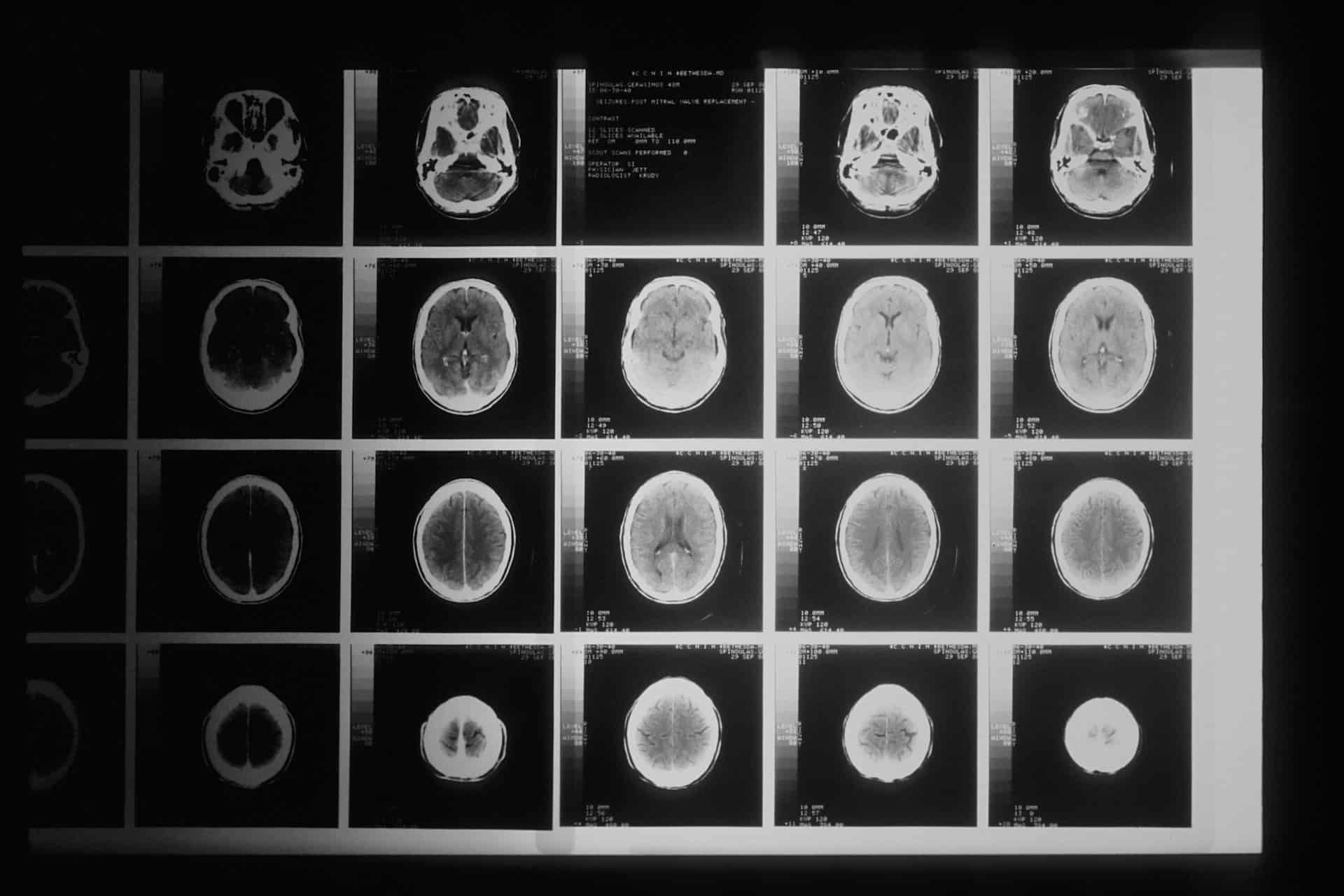In many cases, a traumatic brain injury will be life-changing for the individual who sustained the injury and their family. Brain injuries can occur in many ways. However, they are commonly the result of car accidents, industrial accidents, sports accidents, or birth injuries. The aftermath of sustaining a brain injury can have an impact on someone’s physical, mental, emotional, financial, and interpersonal states. An individual who suffers from a traumatic brain injury may experience difficulty working and managing their day-to-day living activities.
It is important for anyone who believes they may have a brain injury to seek immediate medical assistance and obtain a diagnosis in order to begin receiving appropriate treatment. While some individuals may experience an improvement in their injury over time through therapy and treatment, others may stay the same or worsen. If someone experiences such impactful symptoms that they become unable to work due to a traumatic brain injury, they may apply for long-term disability benefits.
Types of Brain Injuries
Traumatic brain injuries may be defined as open-brain or closed-brain injuries. While these injuries can occur from a wide range of incidents, common types of brain injuries can include concussions, with or without a loss of consciousness; skull fractures; hematomas; and Diffuse Axonal Injuries.
Each type of brain injury will present with varying symptoms which can be unique to each person.
Supportive Medical Evidence of Brain Injuries
While the debilitating effects of a traumatic brain injury may be more apparent in some claimants than others, diagnoses are based largely on clinical evidence and lesion occurrences. Typically, an individual will be required to undergo neurological testing, immediate testing, which is often based on pupil reaction to light, before a diagnosis can be confirmed.
If a brain injury is suspected following an emergency situation, immediate testing such as computed tomography can be used to provide a quick diagnosis. However, blood clots and swollen brain tissue can also be detected and diagnosed through other means, such as MRIs and CT scans. Once an injury is identified, steps can be taken to assess restrictions, cognitive impairments, and potential options for rehabilitation, as appropriate.
Injury Assessment and Claim Denials
Claims may be denied because each claim is assessed based on evidence of the type, duration, frequency, and effect of symptoms as opposed to a diagnosis of the injury alone. Many impacts of brain injuries may not be obvious at the surface level, long term consequences and further difficulties may be difficult to assess, which may impact the quality of supportive medical documentation available for claimants.
Disability benefits claims for long-term brain injuries are largely based on a claimant’s measurable restrictions and limitations related to functional ability and their ability to prove the injury’s debilitating impacts. Symptoms of a traumatic brain injury may present themselves in the injured individual by affecting them physically, mentally and emotionally. Commonly reported symptoms can include nausea, dizziness, fatigue, headaches, symptoms of unconsciousness, difficulty communicating with others, and loss of fine motor skills. Any of these symptoms, regardless of their severity, will likely have a negative impact on an individual’s ability to engage in work-related tasks.
Difficulty in Determining Prognosis and Long-Term Effects
Despite success in an initial claim for long-term disability benefits, a claimant may receive a denial letter after the two-year mark when the standard for the definition of disability becomes whether the claimant is able to return to any type of employment which they are qualified to be gainfully employed in, despite documentation supporting their ongoing symptoms and treatment engagement.
After engaging in extensive rehabilitation, some individuals may experience an improvement in their symptoms, under which an insurer may deem them able to perform certain work-related tasks in accordance with their own definition. An insurance policy may also only partially cover certain types of brain injuries.
Brain injuries are more difficult than other injuries to estimate long-term prognosis about an individual’s recovery and the prospect of returning to work due to their variable complex factors. Someone who sustains significant neurological impairment will require ongoing medical testing and assessments to monitor the severity of the injury, which can be difficult.
Barriers to Recovery After Claim Denial
Despite having a supportive medical team following their condition and treatment, someone with a brain injury may experience a variety of barriers in attending appointments or accessing particular treatment due to internal and external factors.
If a claim for disability benefits is denied, this can cause significant stress to the individual, both personally and financially. After sustaining a brain injury, a claimant may require assistance with income supplementation, caregiver assistance, medical support and rehabilitation treatment, among other things. However, suppose a long-term disability claim is denied. In that case, this can seriously impact the individual’s ability to focus on effective injury management when their health needs to be their main priority.
Contact Cuming & Gillespie LLP in Calgary for Trusted Advice on Chronic Pain Disability Claims
At Cuming & Gillespie LLP, our compassionate lawyers understand how frustrating and complex brain injuries can be, regardless of how severe. In addition to managing symptoms, treatment, and ongoing medical assessments, dealing with a complicated long-term disability claim often increases unnecessary stress. Our team can review your case and help you pursue your claim for disability benefits. While you focus on symptom management and rehabilitation, our experienced lawyers will advocate on your behalf throughout the entire process up to and including trial. Contact us online or call us at 403-571-0555 to schedule a free consultation to speak with one of our lawyers.

